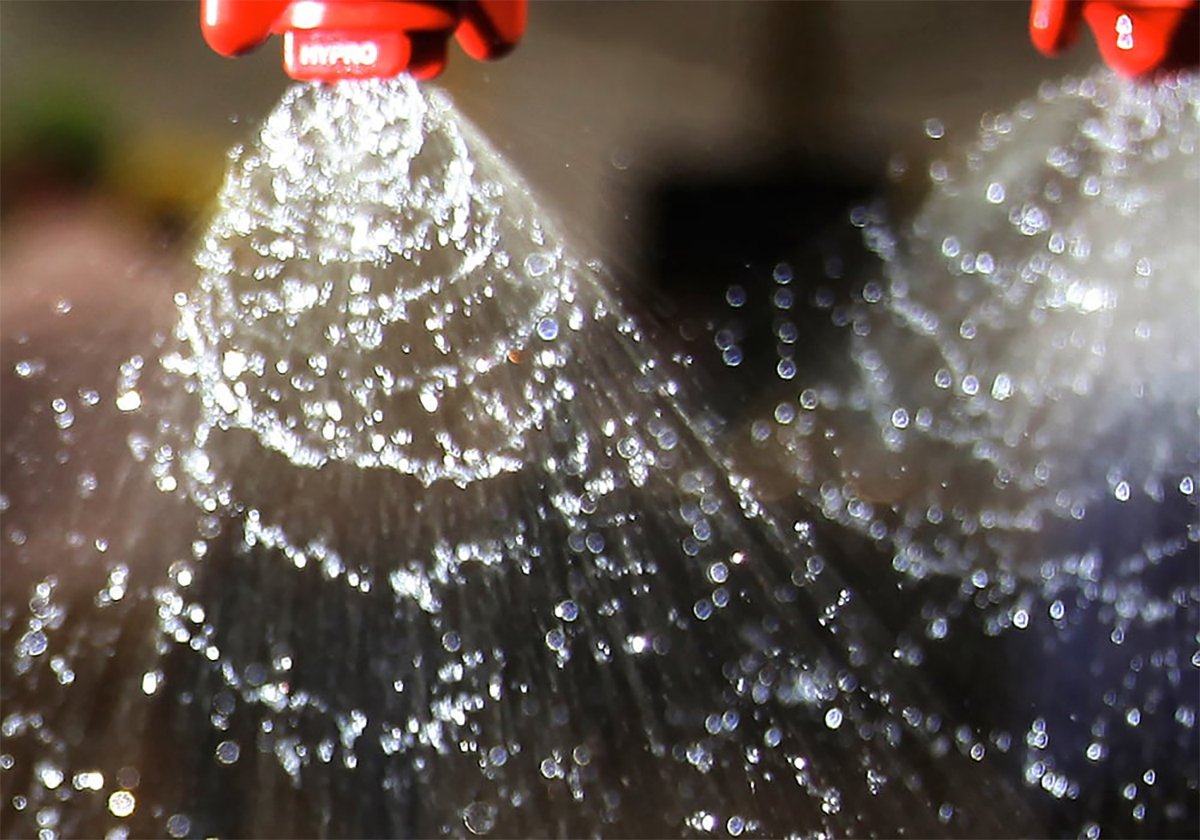After almost a year of forced confinement in Quebec, Leon Barnett’s Chilean alpacas are free.
Now, the Bella Coola, B.C. tool-and-die maker who saw his alpaca import plan turn into a costly bureaucratic quagmire is considering suing Ottawa for costs.
“It feels pretty good to get it over but there still are problems in trying to get my money back and trying to sell some,” Barnett said in an interview from his northwestern British Columbia home. “I may do something legally later to try to get some of that money back.”
Read Also

U.S. soy and cotton growers might use dicamba in 2026
American farmers could be spraying dicamba on their soybean fields next year, if a proposed registration becomes reality.
He figures the bureaucratic entanglement, quarantine costs and legal fees cost him as much as $700,000. That is equal to the original investment last year to buy and transport a herd of 250 alpacas to Canada.
“You really could say it was a nightmare.”
Barnett’s problems started in March 1996 when his alpacas arrived at Mirabel Airport near Montreal. Inspectors found that contrary to import rules and Chilean assurances, several of the animals had been vaccinated for foot and mouth disease.
The animals were slapped into quarantine and Agriculture Canada, with support from the Canadian cattle industry, prepared to have them destroyed or shipped back to Chile.
Barnett went to court and won a Federal Court ruling that the animals should be checked for the disease, rather than automatically removed. Alternatives to destruction or deportation should be considered, said the judge.
The livestock industry and the department considered this an undermining of health of animals import controls and Agriculture Canada appealed the ruling.
Meanwhile, the animals stayed in quarantine and Barnett’s bills piled up. MPs intervened with the department on both sides of the issue.
When the department won on the appeal and the automatic nature of import restrictions was upheld, it became willing to consider compromise.
The animals were checked again late last year and were certified foot-and-mouth free.
One last hurdle
All that remained was to find some way to get around the requirement that animals imported under false pretenses must be deported or destroyed.
The solution was a short trip to the United States. On Feb. 19, the alpacas left Mirabel to visit their third country in a year.
With transit passes from the United States Department of Agriculture, they were loaded onto trucks, driven into the U.S. and then granted an import permit from Agriculture Canada.
They were taken to a farm in central Ontario to be kept.
“It was really weird,” said Barnett. “They never left the truck, just drove in a circle into the States and came back. I guess it satisfied the rules.”
Since then, the herd has been cut in half. Barnett sold half of it to a buyer in Victoria.
He said he is trying to sell some of the remainder in Ontario and then this summer will move the rest of the herd to his own land.
“We want to sell some of them to cover part of the loss but I’ll bring some out to try to get into breeding as a second occupation,” he said.
Now that it is over, Barnett has advice for others considering importing exotic animals.
“I’d say buy some valium or do a lot of jogging or whatever you do for stress,” he said. “It is very risky. It takes a certain type of personality to handle the stress. It isn’t me.”
















